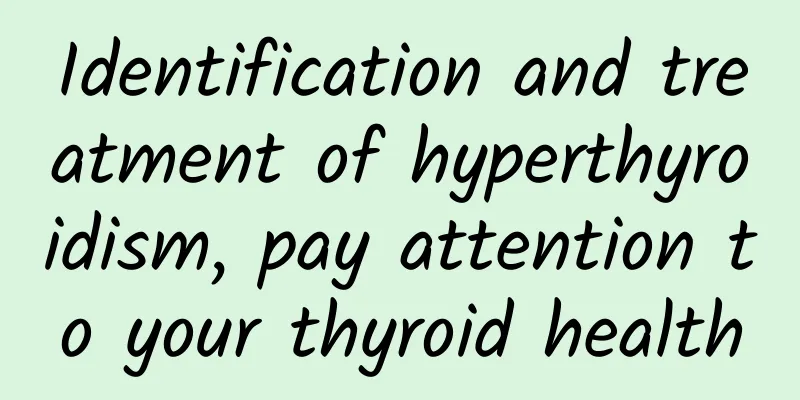Does pelvic inflammatory disease require surgery?

|
There are many treatments for pelvic inflammatory disease. Pelvic inflammatory disease is also divided into acute and chronic. The corresponding symptomatic treatment is mainly based on the patient's specific symptoms. Generally, when antibiotic treatment has no obvious effect, surgical treatment can be used. If it is chronic pelvic inflammatory disease and it has not been cured for a long time, surgical treatment can also be considered. In addition, surgery can also be used for the problem of fallopian tube adhesion. One is an acute attack of pelvic inflammatory disease. If adnexal abscess occurs and symptoms do not improve after 49-72 hours of treatment with antibiotics or other drugs, and there is persistent high fever, high white blood cell count, bilateral abscesses, or the abscess is larger than the original one, surgical treatment may be considered. Second, chronic pelvic inflammatory disease is ineffective in long-term treatment. Inflammatory fibrosis proliferates and adheres to the intestine, omentum, and uterus to form an inflammatory mass, which gradually increases in size. Repeated acute attacks require surgical treatment. For patients over 40 years old with large pelvic inflammatory masses (over 6 cm in diameter) and abdominal pain, surgical treatment may be considered. Third, fallopian tube adhesion causes infertility. When primary or secondary infertility occurs due to inflammatory fibrosis and hyperplasia caused by chronic pelvic inflammatory disease, adhesion and twisting of the fallopian tubes and surrounding organs, or closure of the fallopian tube fimbria, surgery can be performed to loosen the adhesions or perform a salpingostomy to help restore the function of the fallopian tube and improve fertility conditions. Fourth, cervical and intrauterine adhesions. Inflammation can cause cervical or uterine adhesions, leading to decreased menstruation, amenorrhea, cyclical abdominal pain, and infertility in patients, requiring surgical separation. The above are some of the treatments that experts recommend for women with pelvic inflammatory disease without surgery. Pelvic inflammatory disease does not necessarily require surgical treatment. It mainly depends on the patient's specific condition. If the patient's condition is mild, then medication can also cure it. |
<<: How to detect pelvic tuberculosis
>>: What are the precautions after cesarean section?
Recommend
Why do girls have back pain after standing for a long time?
Many female friends experience back pain, not onl...
Premenstrual hormone changes
Hormones are a very important material component ...
Is it normal to go through menopause at 44?
Women are a group that needs youth. Only youth ca...
What to do if your vagina becomes loose after giving birth
We all know that a harmonious sex life between co...
Gout equals "pain madness"? You must pay attention to these foods!
Our dad’s review, there is a Mr. Guo who does not...
What should pregnant women do if they have internal heat?
Pregnant women will have a strong appetite and es...
Normal menstruation 20 days after abortion
As people's mindsets in modern society become...
Female right shoulder pain
Our shoulder is a relatively important part of ou...
What will help follicle development?
The best childbearing time for women is around 23...
Why does the episiotomy wound hurt during normal delivery?
Many patients have serious problems, especially s...
What is the difference between long beans and green beans? How to stir-fry green beans
French beans are also known as green beans, long ...
Numbness in hands and feet during menopause
Women in menopause are prone to bad temper and de...
How many days of delayed menstrual period is considered pregnancy
How many days of delayed menstruation is consider...
Why do I feel hot in my vagina?
The health of the genitals should be an issue tha...
Where is peripheral blood drawn?
After a woman becomes pregnant, she needs to do v...









